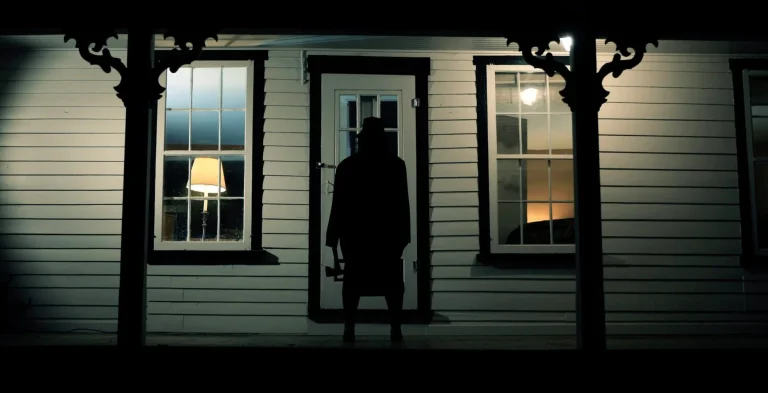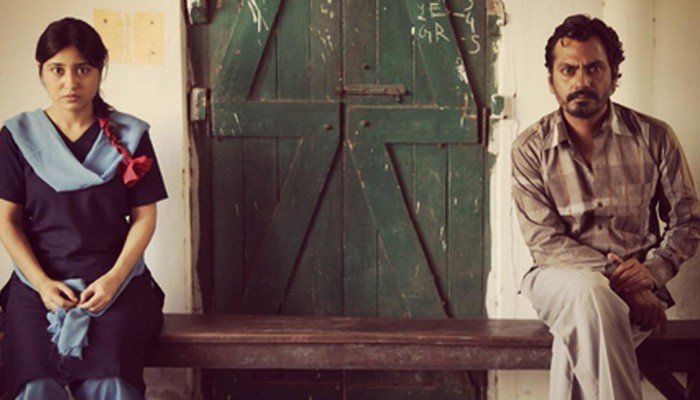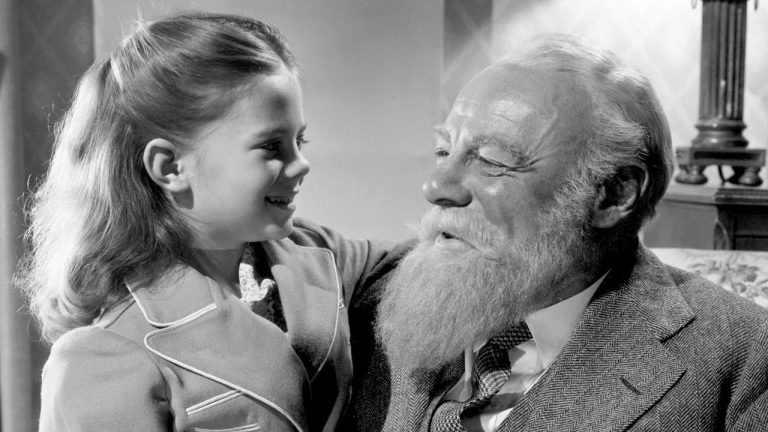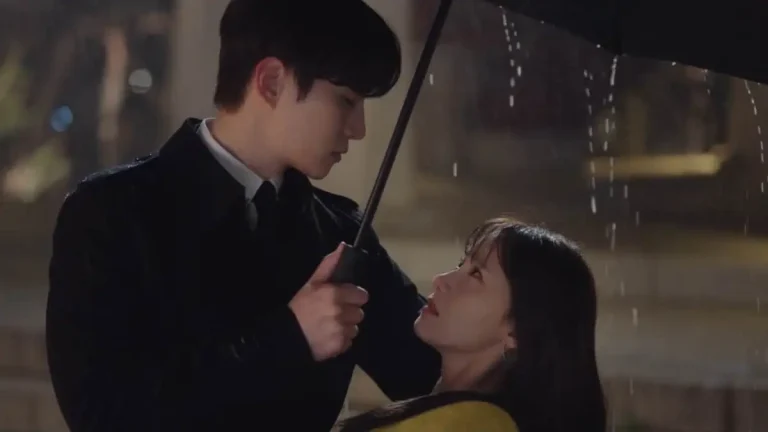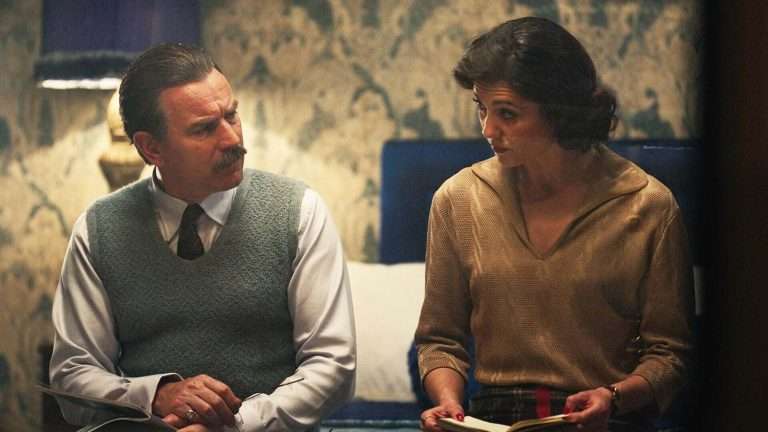Netflix’s Brazilian mini-series “Rivers of Fate” offers a bleak, unflinching look into lives haunted by violence, exploitation, and the fragile pursuit of justice. Adapted from Edyr Augusto’s novel “Pssica,” the show draws viewers into the heart of the Amazon, weaving together three harrowing storylines: a kidnapped teenager, a river pirate seeking redemption, and a bereaved mother on a quest for revenge.
The series, only four episodes long, tackles tough subjects—trafficking, misogyny, institutional failures—while probing deeper questions: How do people survive when every system has failed them? What defines family when blood cannot shelter you? And can the pursuit of justice deliver hope, or does it lead only to greater pain?
Rivers of Fate (Pssica, 2025) ‘Netflix’ Miniseries Recap:
How do three strangers become entwined in the Amazon?
The show opens with raw tragedy: 15-year-old Janalice is humiliated and ostracized when her boyfriend circulates an intimate video, shattering her reputation in her ultra-religious family. Her parents, Lizete and Pedro, send her away to live with her aunt, unwittingly exposing her to more danger—her aunt’s husband is a predator, and their neglect pushes Janalice to rely on new friends who offer no real safety.
Why is Janalice’s misery relentless? Is her suffering a result of individual betrayal, or does it reflect the failures of everyone around her? Within an episode, Janalice is snatched by river pirates led by Ze Elidio, who traffic girls along the water’s edge. Among the gang is Preá, a conflicted pirate who finds himself sympathizing with Janalice, even as he remains complicit in her captivity.
What motivates Preá and Mariangel’s quests?
Preá’s reluctant entanglement with Janalice is complicated. Is his affection for her redemption or merely selfish longing? Preá’s journey becomes increasingly fraught, especially as he clashes with rival gang leader Gigante and faces mounting pressure from traffickers to deliver Janalice for auction at a lavish party hosted by Mayor Philippe Soutin.
The narrative then pivots to Mariangel, a mother pushed to extremes after her husband and son are murdered by river bandits. What does grief transform in a person seeking revenge? Writing off the police as powerless or absent, Mariangel becomes her own agent of justice: tracking Janalice’s captors, forging alliances with guerrilla buddies, and plotting to crash the mayor’s birthday auction where trafficked girls are sold.
Are the police and state powerless in the face of crime?
Amadeu, a well-meaning but outmatched police officer, joins Mariangel’s quest. Yet their efforts illuminate the indifference or outright incompetence of local law enforcement. Why do official channels fail to protect victims? How does systemic neglect fuel cycles of violence?
What goes wrong at the climactic auction?
The finale builds around a chaotic rescue attempt: Mariangel’s friend Cristobal infiltrates the auction, hoping to buy Janalice’s freedom. Preá, meanwhile, scrapes together the money to enter the fray himself, determined to save her. Can heroism exist in places gripped by moral decay? Is redemption possible for those enmeshed in crime?
Plans quickly unravel in the final moments. Mariangel’s scheme falters as Janalice, not trusting her would-be rescuer Cristobal, incapacitates him and bolts—with Preá in pursuit. In a tense standoff, Preá and Philippe clash and both are shot dead. Does this tragedy signal closure, or reinforce the futility of seeking justice in a broken world?
What does Janalice decide for herself?
Once rescued, Janalice faces a crucial choice: return to her biological family or forge a new bond with Mariangel, the only adult who fought for her. Why doesn’t she go home? Are family ties anything without love or protection? Janalice knows her parents abandoned her for “flimsy reasons” and failed to defend her from humiliation and violence. Instead, she chooses to stay with Mariangel, a woman transformed from grieving widow to vigilant protector.
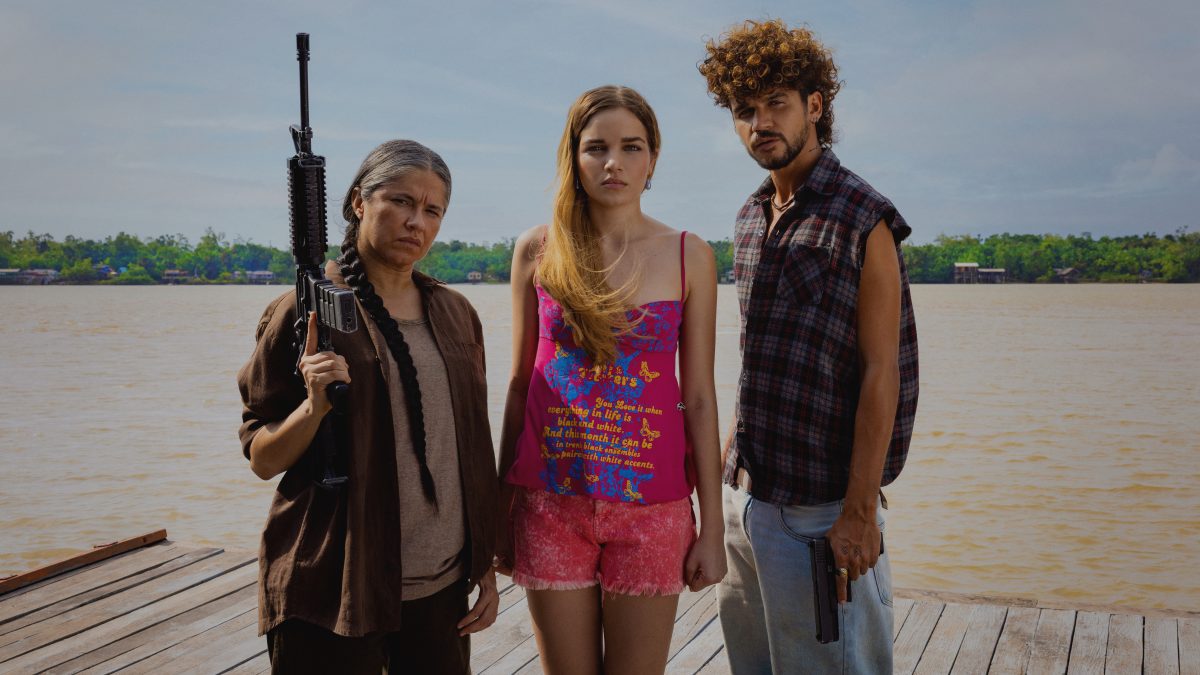
Rivers of Fate (Pssica, 2025) ‘Netflix’ Miniseries Ending Explained:
Why does Janalice reject her family?
The finale of “Rivers of Fate” is paradoxically as close to a happy ending as possible for a show saturated in misery. After barely surviving the auction, Janalice refuses to return to her mother and father. Her “found family” in Mariangel, established through shared suffering and mutual rescue, matters far more than kinship forged in neglect. The narrative explicitly critiques the concept of family as a guarantee of safety or comfort, suggesting that survival and healing require bonds born of choice, not simply blood.
Will Mariangel and Janalice escape further danger by remaining together? What kind of future do they have in a world that offers little sanctuary? The show deliberately ends on a note of uncertainty, refusing to promise total safety but affirming the agency of these two women to choose companionship and hope, however tentative.
Preá’s death is meaningful as well: it signals that redemption is possible only when one breaks free from cycles of violence. His attempt to save Janalice cannot absolve him of his gang associations. Mayor Philippe Soutin’s demise is a pyrrhic victory against the traffickers—his death removes one link from the chain, but the broader network remains.
For Mariangel, the ending closes her arc of vengeance, pivoting her quest for justice into protection. She transitions from a traumatized mother to an empowered guardian, offering Janalice something her real family could not: steadfast support.
Janalice’s choice is the most significant. It’s a deliberate step away from abuse and neglect and toward the promise of stability, however fragile. Her refusal to return home is not just rejection—it’s an assertion of autonomy and survival, symbolizing the hope that even in the bleakest circumstances, forging new alliances can lead to renewal.
Key Themes and Questions: What does Rivers of Fate say about survival and justice?
-
Does trauma guarantee transformation or only more suffering? Each character is shaped by loss and violence, but only some manage to redefine themselves as agents of their own story.
-
Can justice ever be achieved through vengeance? Mariangel’s transition from avenger to protector hints at ambiguous answers—personal justice is possible, but institutional justice fails throughout.
-
Why do blood ties sometimes fail us? Janalice’s journey asks us to reconsider assumptions about family, emphasizing that loyalty and care must be earned.
-
Are systems of exploitation really so immutable? The series posits that despair dominates, but small acts of rebellion offer glimpses of hope.
-
Is redemption possible for those complicit in violence? Preá dies trying to atone, but his story suggests redemption is fleeting unless one fully rejects cruelty.
“Rivers of Fate” stands out for refusing easy optimism. Its portrayal of the Amazon and Belém is vivid but harsh, depicted as places where exploitation flourishes and justice must be seized through extraordinary courage, not given by the state.
While Netflix could extend the story into further seasons, the finale feels definitive—a cathartic ending for characters who earned every moment of peace after intense suffering. For Janalice and Mariangel, their new bond is both a lifeline and a testament to resilience.
“Rivers of Fate” challenges viewers to grapple with uncomfortable truths about violence, family, and survival—and, against a backdrop of misery, ultimately spot the glimmers of hope that endure when old ties are broken and new ones are chosen.

